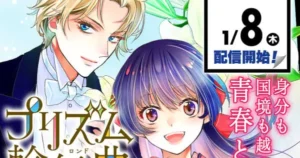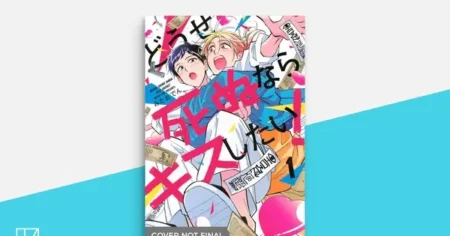The popular manga series Assassination Classroom by Yusei Matsui has faced numerous challenges and removals from U.S. school libraries throughout the 2024-2025 academic year, becoming one of the most frequently targeted manga titles in an escalating trend of book bans. Reasons cited for its removal often include concerns over its title, and depictions of violence and sexual content.
The challenges highlight a broader national debate surrounding age-appropriate materials in educational institutions and the increasing scrutiny of manga and other graphic novels.
Key Instances of Removal and Review
Several school districts across the United States have either removed or placed Assassination Classroom under review during the current academic year:
Horry County, South Carolina
In October 2024, the Horry County School District in South Carolina moved to remove Assassination Classroom from its library shelves following a parent’s complaint. The parent cited concerns over “violent and sexual content,” specifically mentioning “girls in lingerie hopping on top of men” and the manga’s explicit discussions of killing. The district’s review process could take up to 30 days, with officials indicating that decisions from the District Reconsideration Committee cannot be challenged for five years.
Rutherford County, Tennessee
Rutherford County Schools in Tennessee also took action in November 2024, removing volumes of Assassination Classroom along with over 150 other titles from school libraries. A school board member and supporters argued that the books contained “sexually explicit” and “pornographic material” under school board policy and state obscenity laws. This decision aligns with changes to Tennessee’s Age-Appropriate Materials Act of 2022, which expanded the definition of obscenity to prohibit material depicting “nudity or describes or depicts sexual excitement, sexual conduct, excess violence or sadomasochistic abuse.”
Common Criticisms and Context of the Series
Critics of Assassination Classroom often focus on its provocative title and specific panels. Parents have expressed alarm over illustrations depicting “handguns, rifles, knives, and potions,” and the story’s premise involving students attempting to assassinate their teacher.
However, organizations like the Comic Book Legal Defense Fund and the National Coalition Against Censorship (NCAC) argue that objections frequently misinterpret the series’ themes and take content out of context. Assassination Classroom tells the story of an immensely powerful, octopus-like alien named Koro-sensei who becomes the homeroom teacher for a class of junior high school delinquents. He tasks them with assassinating him before he destroys Earth, while simultaneously proving to be the best teacher they’ve ever had, helping them overcome personal and academic challenges. The series is often lauded for its comedic elements, character development, and underlying messages about education, mentorship, and self-worth, rather than promoting actual violence.
Broader Landscape of Book Bans and Censorship
The challenges against Assassination Classroom are part of a wider surge in book banning efforts across U.S. school districts. PEN America’s October 2025 report, “The Normalization of Book Banning,” identified 6,870 bans in 87 school districts across 23 states during the 2024–2025 school year, affecting over 3,752 unique titles. The report indicates a “systemic campaign to erase stories, silence identities, and narrow what young people can know and imagine.”
Manga, in particular, has become a frequent target alongside books featuring characters of color, LGBTQ+ themes, and sex-related content. States such as Florida, Texas, and Tennessee have reported the highest rates of book banning. The removal of books, sometimes without adherence to established review procedures, has raised concerns about students’ First Amendment rights and the role of school libraries.
Impact on Students and Libraries
The ongoing removal of popular titles like Assassination Classroom significantly impacts students’ access to diverse reading materials and can undermine the efforts of librarians. Librarians often lament these decisions, noting that the removal of beloved titles can disengage reluctant readers and limit exposure to various perspectives and literary forms, including manga, which can be a valuable tool for engaging young readers.
While digital platforms offer alternative access to manga, the physical removal from school libraries restricts equitable access for all students. The National Coalition Against Censorship continues to advocate for established review procedures that consider the educational value of materials as a whole, rather than isolated passages or titles, to protect intellectual freedom in schools.









